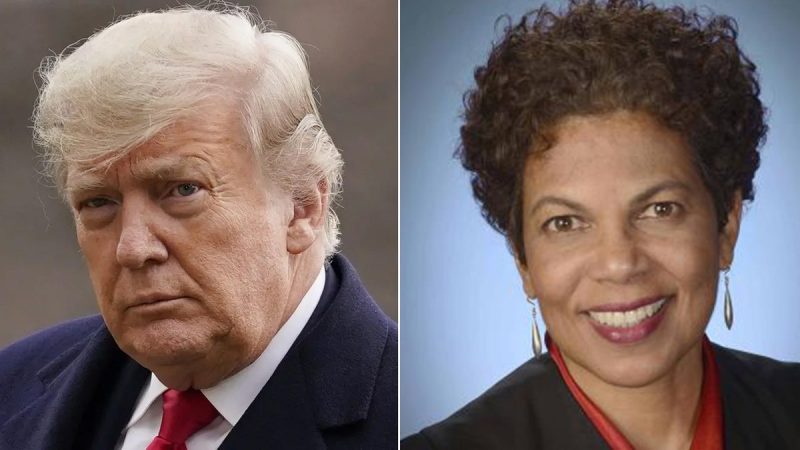Donald Trump recently appealed a partial gag order that was placed against him by Special Counsel Jack Smith in regards to the Jan 6 case. Trump’s lawyers made a filing on his behalf in the DC Federal appeals court defending the former president’s First Amendment right to speak publicly about any and all matters pertaining to the investigation. In the filing, Trump and his legal team portrayed the partial gag order and other legal forms of silencing they’ve experienced as an attack against the former president and a violation of his right as a citizen to speak freely on matters of public interest.
Trump lawyers argued that the Special Counsel’s issuance of the gag order was inappropriate and constituted an unconstitutional form of suppression of free speech. The filing also urged, “It is a fundamental tenet of the First Amendment—and has been since the inception of the Republic—that matters of public concern cannot be suppressed.” The filing additionally stated that the special counsel’s order also mirrors prior attempts at censorship which have long been disallowed by the Courts.
The filing further claims that the special counsel’s action unfairly cooled Trump’s political prospects, as well as any effort Trump may want to make to continue building a public narrative that he believes to be true. The filing also asserted that the Special Counsel’s gag order applied to many details pertaining to the investigation that have already been publicly disclosed, creating a situation in which Trump would be prohibited from attending to his interests on one of the few avenues he has left in terms of continuing to maintain relevancy in the political arena.
Though Trump and his team are arguing that the special counsel’s order violated his rights under the First Amendment, the Justice Department argues that the gag order serves to protect both the former president and the legal process surrounding the case, as Trump himself has a conflicts of interest with both parties involved.
His legal team countered that argument by asserting that the gag order is a form of prior restraint which is violative of the First Amendment and is always disfavored by the Courts. Trump lawyers also argued that avoiding bias is heavily reliant on individual insight, rather than prior restraint, and that an attempt to silence Trump was an attempt to stifle any possible insight he may have that could be beneficial for the investigation.
The DC Federal appeals court is yet to make a ruling on the matter. Whether the gag order stands or is struck down, many eyes will be on the Court’s decision in the coming weeks.

